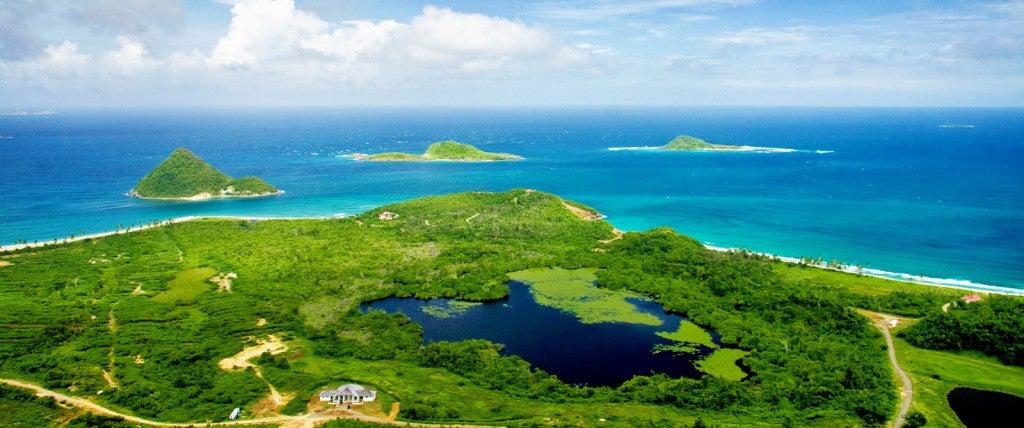I was surprised when I read that Grenada is the hottest place to escape the cold!
That at least is according to Kayak’s 2015 Travel Hacker Guide. The Guide rated Grenada among the Top 10 Trending Beach Destination. Their methodology defines “hottest” as destinations with the highest year-on-year increase in clicks in 2014.
Now, let’s validate the hotness metric with real stay-over visitors by air data. In 2014, Grenada experienced an average growth of 17.6% in stay over visitors while the OECS as a whole saw a 5% increase. Meanwhile, iconic Caribbean destinations such as Barbados, Saint Martin and Jamaica experienced growth rates of -0.6%, 7.3% and 3.3% respectively. To put things in better perspective, other year round beach destinations like Hawaii, Cancun and Thailand have grown at 3.9%, 6.4% and 11% respectively. Grenada clearly stands out as a top performer.
I have visited Grenada and other Caribbean islands multiple times. The first time I went to Grenada, it immediately struck me as a place where several of the Caribbean archetypes –white sand beaches, lush rainforests, exotic spices and fruits– blend in perfect sync. But this is nothing new. So why is Grenada such a hotspot these days? How can the little island, roughly the size of Wichita, KA which holds less than 1% of the Caribbean’s hotel rooms, be there, outperforming –at least in terms of growth in arrivals–industry giants such as Cancun and Hawaii?
Yes, the US dollar has strengthened, and the economy in the United States has reemerged from a protracted period of recession, but that pretty much affects everyone evenly across the board. Holding everything else constant, there is one factor that has distinguished Grenada and that has certainly contributed to its positioning itself as a leading destination: it’s marketing and more specifically, the rebranding of the island as ‘Pure Grenada’.
‘Pure Grenada’ is not a multi-million dollar media campaign led by multinational tourism operators or a government run campaign. On the contrary, it represents an inclusive and broad-based country-wide effort towards achieving the goal of positioning Grenada as a leading sustainable and ecologically friendly destination.
Since its inception in early 2014, ‘Pure Grenada’ has proven successful as a result of coordinated action by the main players in the local tourism industry and by strongly positioning itself on the web and on social media platforms.
This effort has been spearheaded by the members of the Grenada Hotel and Tourism Association and supported in part by the UK’s Department for International Development (DFID), Canada’s Department of Foreign Affairs, Trade and Development and the Inter-American Development Bank in partnership with the Caribbean Development Bank through the Compete Caribbean program, which supports clustering initiatives.
‘Pure Grenada’ is a fine example of how the private sector can come together to create positive change in the country and the economy.



Great news! Happy to see that rebranding worked. Hopefully it translates into truly positive impacts to the country and its people. However who is actually benefitting? Before we jump to saying the words ‘positive change in country and economy’ we need to know that a large increase in tourism visits to the islands doesn’t necessarily equate to “positive” until poverty, social development and environmental indicators can be quantified to support those words. It is important to not use a commercially unspoiled island synonymously with one that is sustainable and eco-friendly. We need to first examine factors that support sustainability in situ. Those factors can include current conservation practices and their positive impacts on environment and development, current coastal development projects – are they impeding or supporting conservation initiatives, in other words – how is that country using business and private sector to conserve the natural resources it depends on for tourism and alleviate issues of poverty (who actually benefits?)? An increase in tourism doesn’t necessarily translate to positive incentives environmentally and economically, it means good marketing works especially if you invest heavily in it (multi-million dollar campaign), just as St Lucia, Barbados, Jamaica and Bahamas have done in the past to increase their tourism numbers, yet all islands still struggle with issues of environment degradation, and poverty.